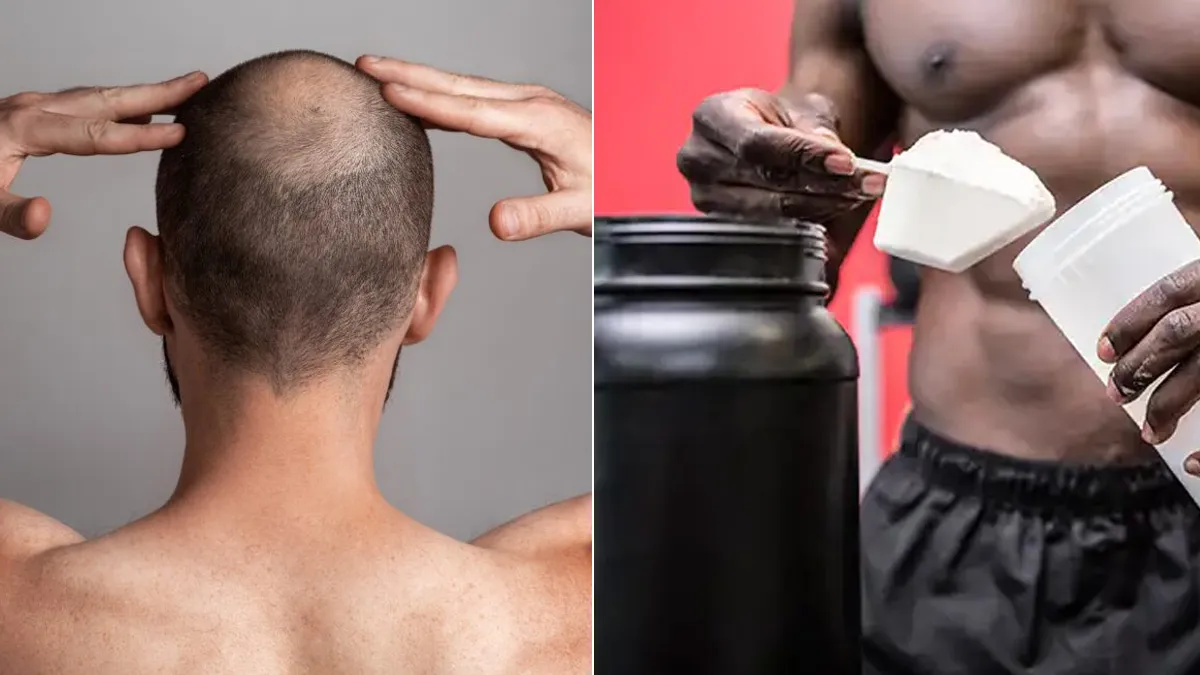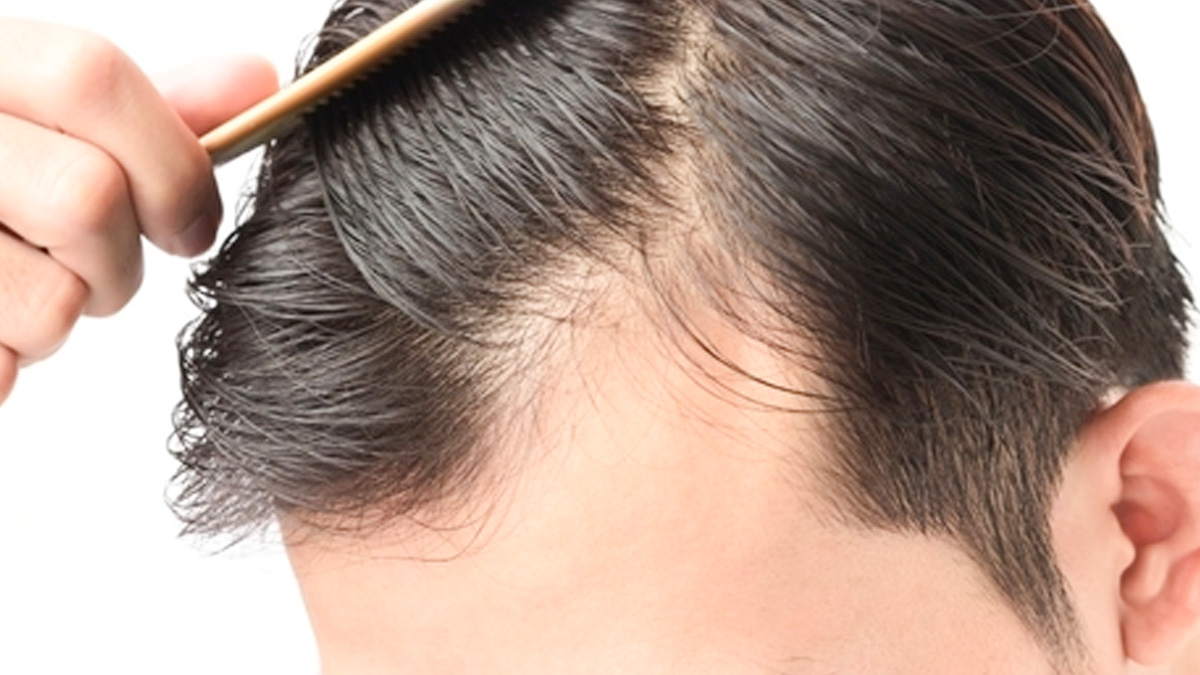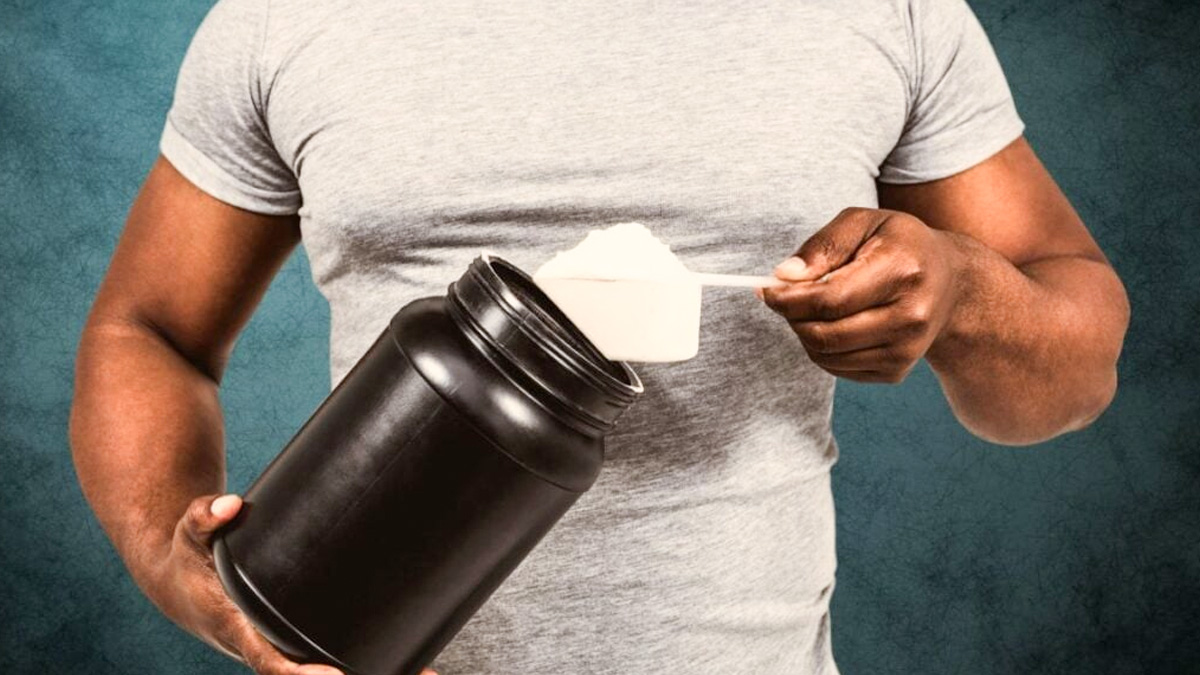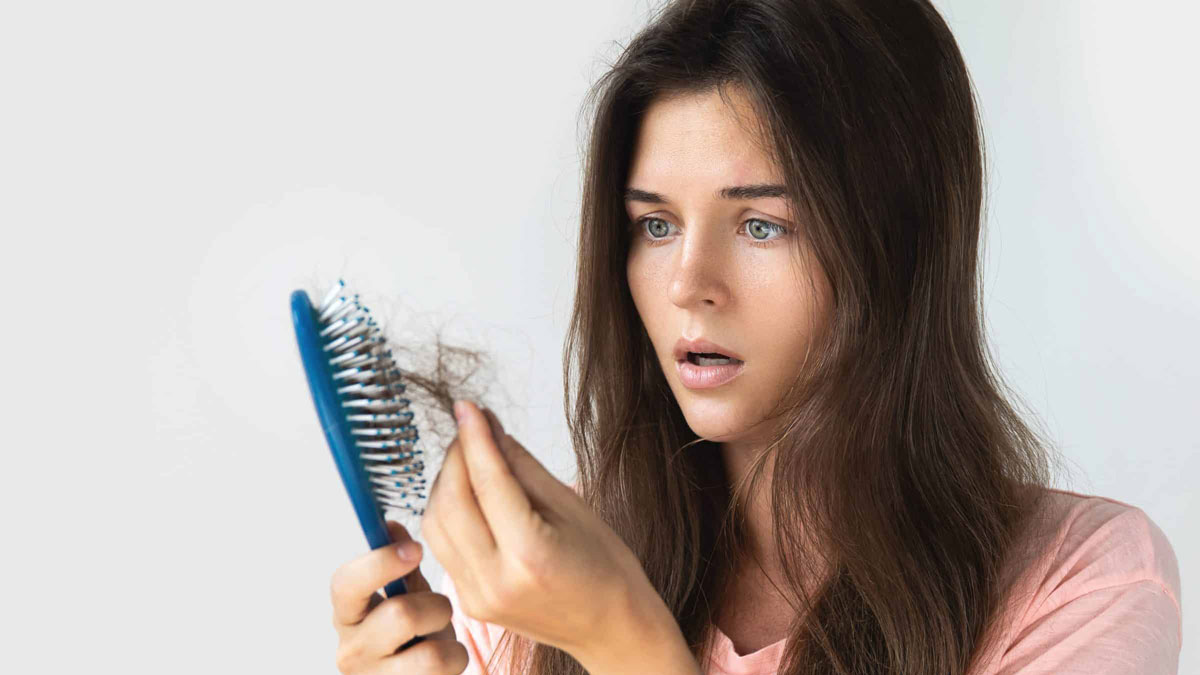
If you’ve ever hit the gym, you’ve probably heard someone say, “Creatine makes your hair fall out.” The supplement, popular among fitness enthusiasts for boosting energy and muscle performance, often gets unfairly blamed for thinning hair. But is there any truth to it? The short answer, probably not. While creatine has been one of the most studied supplements in sports nutrition, its supposed link to hair loss remains weak and unproven.
Table of Content:-
To understand the science behind it, we spoke to Dr Shireen Furtado, Senior Consultant - Medical & Cosmetic Dermatology, Aster CMI Hospital, Bangalore, who clears the confusion around creatine and its effect on hair.
Does Creatine Really Cause Hair Loss?![creatine hair loss 2 - 2025-10-08T162802.865]()
“There’s no solid scientific evidence that creatine directly causes hair loss,” explains Dr Furtado. “The misconception comes from a single small study that found creatine might slightly increase dihydrotestosterone (DHT) levels, a hormone linked to hereditary hair thinning in men. But that doesn’t mean creatine itself leads to hair fall.”
DHT, a byproduct of testosterone, is known to shrink hair follicles in those genetically prone to baldness. However, creatine doesn’t create DHT. It may only influence its conversion very slightly, and even that finding hasn’t been replicated in larger studies.
In fact, most scientific research shows that creatine:
- Improves energy production in muscles
- Enhances performance during high-intensity workouts
- Doesn’t alter hormone levels enough to affect hair growth or shedding
Dr Furtado adds, “Hair loss is far more influenced by genetics, stress, nutritional deficiencies, and hormonal changes than by supplements like creatine.”
ALSO READ: Could Hair Loss Be Caused by a Lack of Sleep? Dermat Drops Truth Bombs
What About the DHT Connection?![1 - 2025-10-08T162801.164]()
The study that sparked this belief dates back to 2009, when researchers observed a group of male rugby players. Those who took creatine for three weeks showed a slight rise in DHT levels. However, testosterone itself didn’t change, and the increase was still within normal biological limits. The authors themselves noted that this didn’t prove causation, only a possible correlation. Since then, no large-scale research has confirmed that creatine raises DHT enough to cause hair loss.
According to Dr Furtado, “Even if creatine affects DHT marginally, that doesn’t automatically mean it will trigger baldness. Only people with a strong genetic predisposition to androgenetic alopecia are sensitive to these hormonal changes.” A related study published in the Clinical Journal of Sport Medicine supports this context, that while a mild increase in DHT levels was observed with creatine supplementation, no measurable impact on hair count or density was recorded.
Is Creatine Good for Hair in Any Way?
“Not really,” says Dr Furtado. “Creatine’s role is to help the muscles produce energy during high-intensity activity, and it’s not a hair supplement.” That said, some fitness enthusiasts assume that because creatine supports protein synthesis in muscles, it might strengthen hair. But the two are unrelated. The amino acid pathways that support muscle growth differ from those that support hair follicle health.
For healthy hair, Dr Furtado recommends focusing on the basics instead of supplements like creatine:
- Eat a balanced diet rich in protein, iron, zinc, and vitamins A, C, and D
- Stay hydrated throughout the day
- Manage stress, which plays a big role in hair shedding
- Maintain good scalp hygiene and avoid harsh treatments
Should You Stop Taking Creatine If You’re Losing Hair?![3 - 2025-10-08T162758.953]()
Not necessarily. “Unless you’re certain that your hair fall started or worsened after creatine, there’s no need to stop immediately,” says Dr Furtado. “There’s no direct evidence that creatine is the cause.”
She adds that many people blame supplements before considering more common factors:
- Genetics – the biggest cause of male and female pattern baldness
- Stress – triggers a condition called telogen effluvium, causing temporary shedding
- Nutritional deficiencies – especially low protein or iron
- Hormonal fluctuations – after childbirth, thyroid disorders, or PCOS
If you’re concerned about hair thinning, Dr Furtado advises taking a break from creatine for a few weeks while consulting a dermatologist. “It helps to rule out underlying issues first instead of assuming creatine is the culprit,” she says.
ALSO READ: Can Clove Oil Help With Hair Loss and Dandruff? What Experts Say
Conclusion
Creatine doesn’t make your hair fall out, at least not according to current science. If you’re genetically prone to baldness, factors like DHT sensitivity, stress, or poor nutrition play a much bigger role. For most people, creatine is safe when used responsibly. Dr Furtado sums it up well: “Don’t fear creatine. But do listen to your body, track changes, and if hair loss continues, get professional advice rather than relying on internet myths.”
Also watch this video
How we keep this article up to date:
We work with experts and keep a close eye on the latest in health and wellness. Whenever there is a new research or helpful information, we update our articles with accurate and useful advice.
Current Version
Oct 08, 2025 16:42 IST
Modified By : Vivek KumarOct 08, 2025 16:42 IST
Published By : Vivek Kumar


